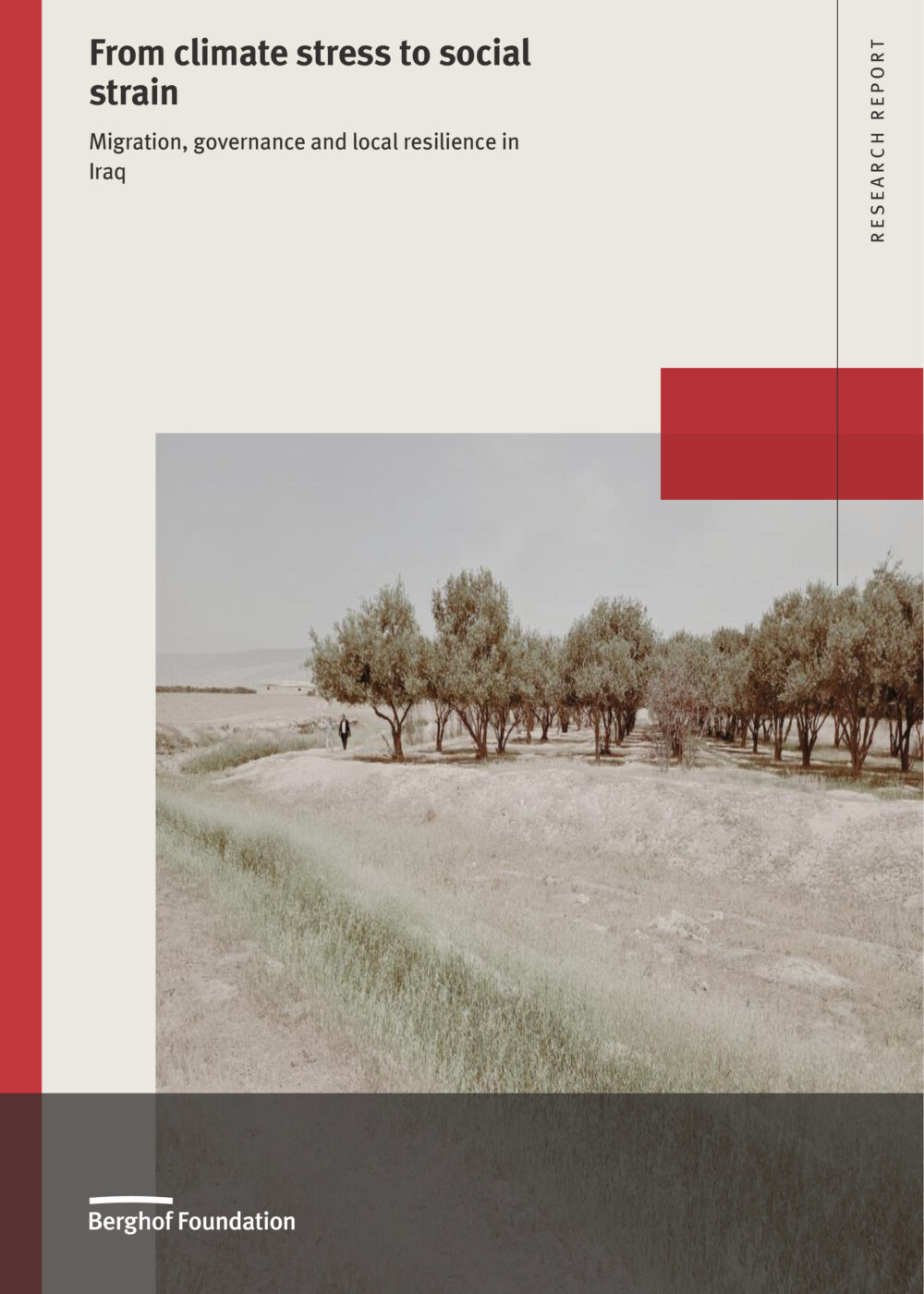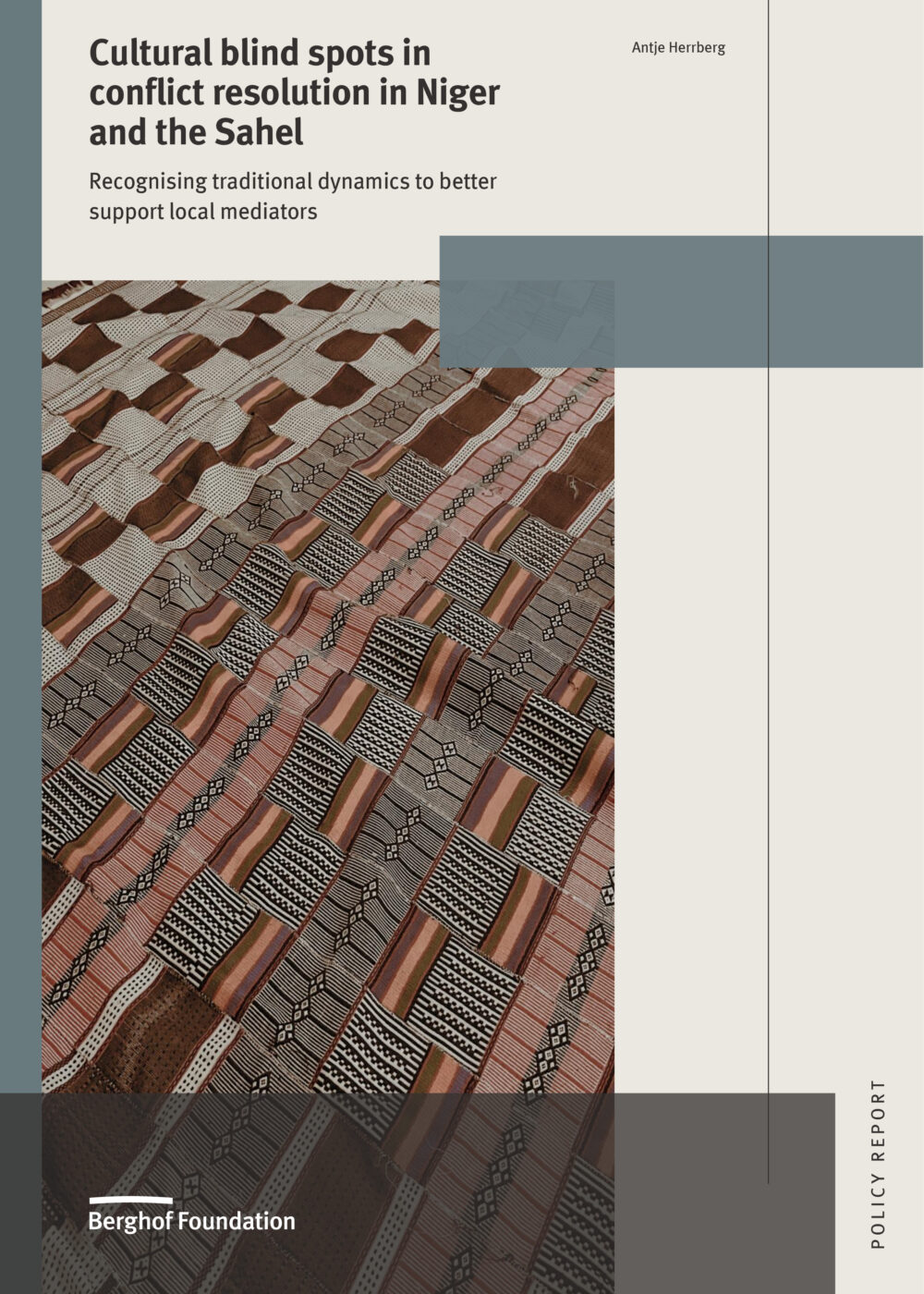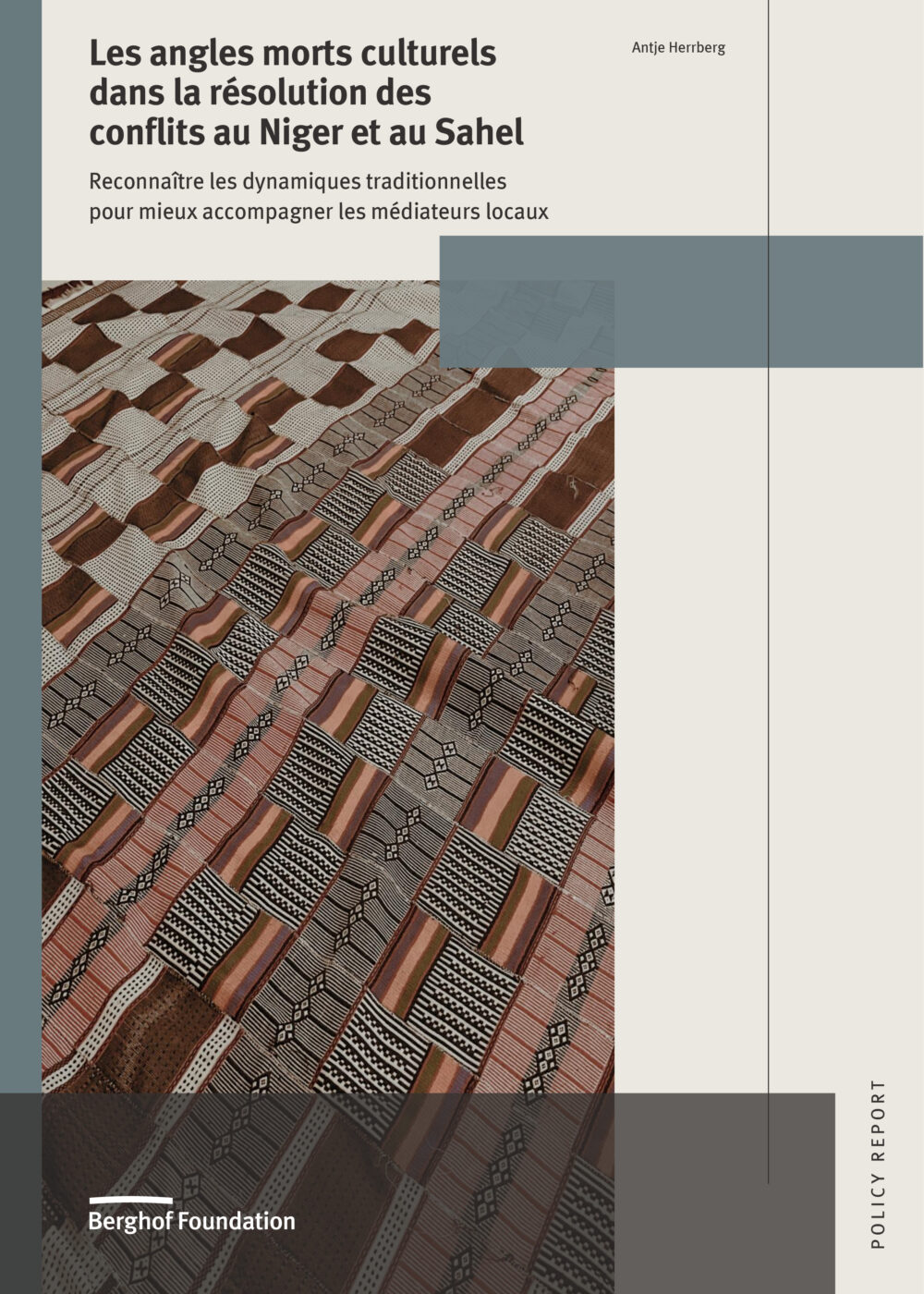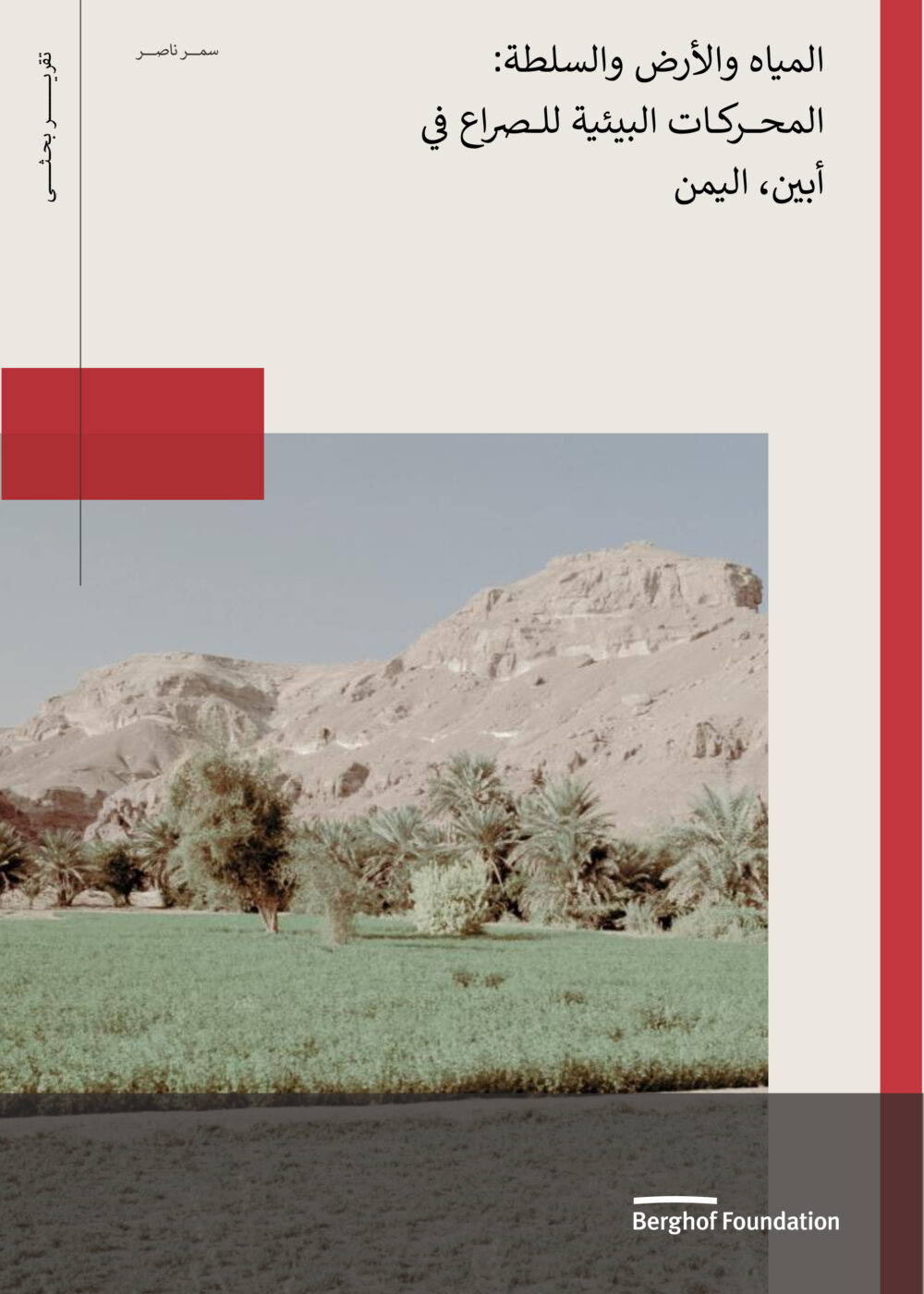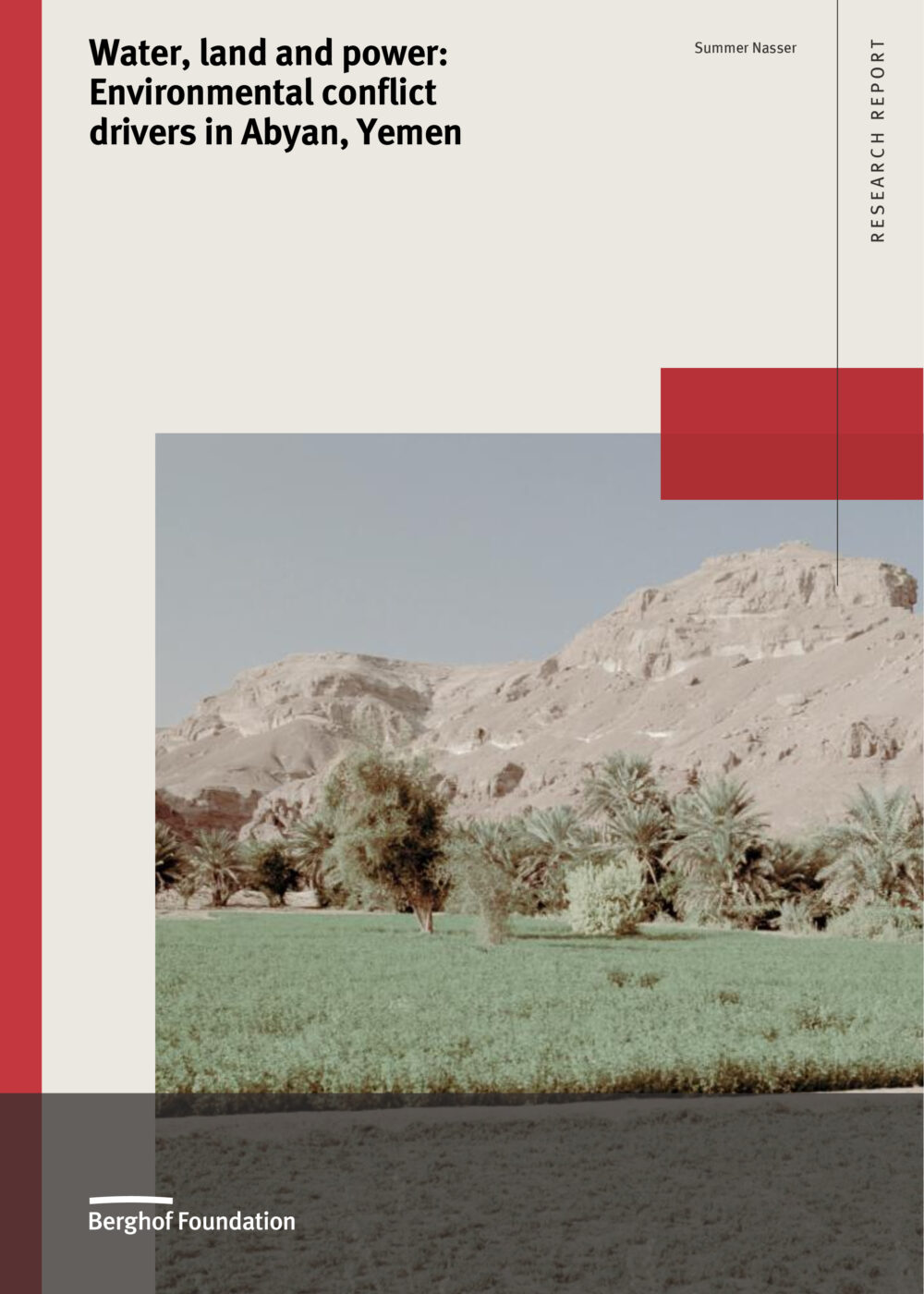31 Dec 2019
Interactions Between Peacemaking and Constitution-Making Processes in Burundi
A Stabilising or a Crisis Factor?
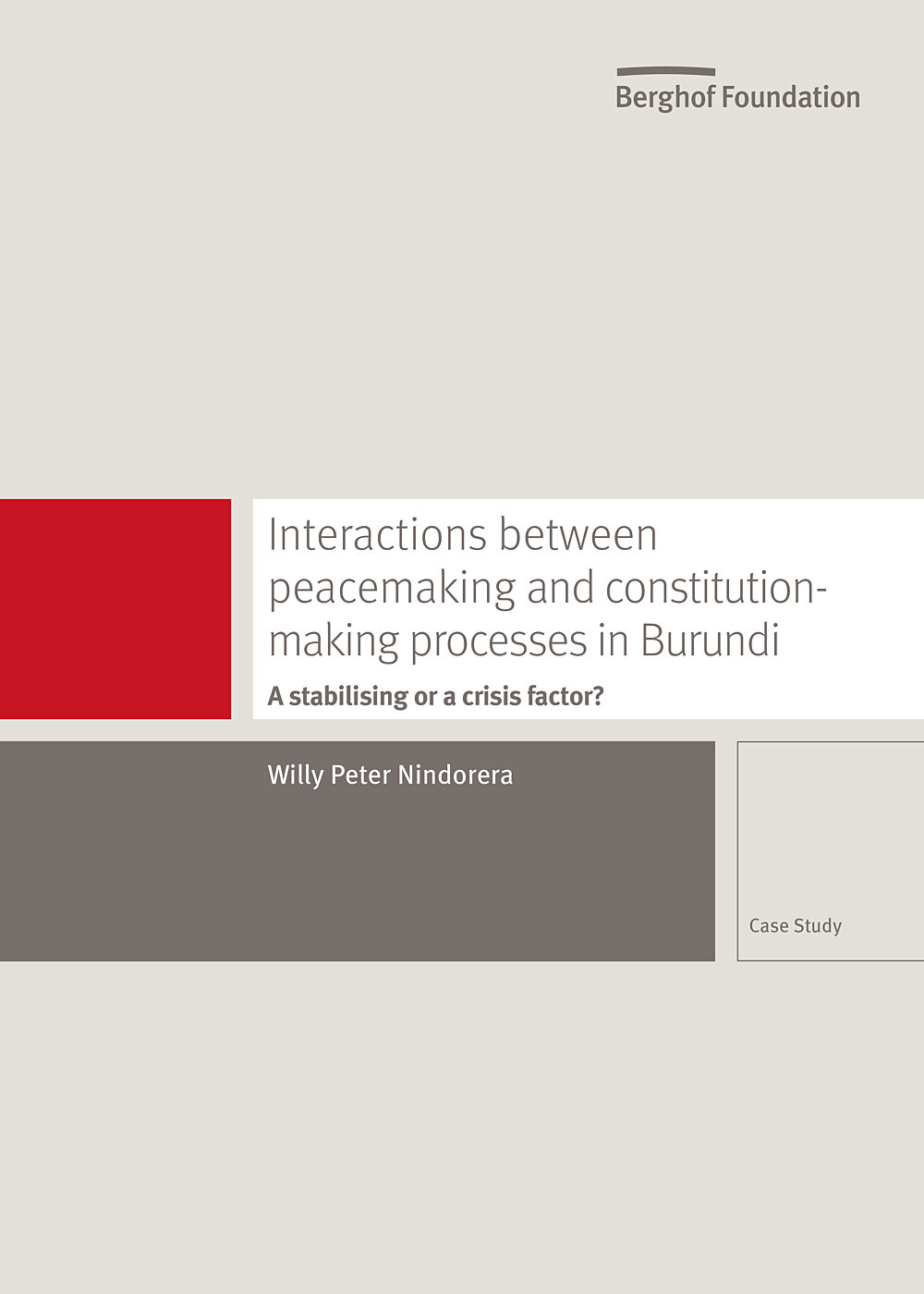
Nindorera analyses the regional mediation process of the Arusha Accords in Burundi. The process, first chaired by president of Tanzania Nyerere and then by Nelson Mandela, lasted for over two years and led to very comprehensive and detailed peace agreements.
Authors
Willy Peter Nindorera
The following constitutional reforms, to a large extent, directly implemented provisions from the Arusha Accords after another complicated negotiations process which required further mediation by South Africa. Supremacy of either the Arusha agreement or the constitution was not specified which led to further conflicts. While the process has managed to end the civil war, it lacks legitimacy and it has not led to democratic governance. The case furthermore allows the analysis of ethnicity in peace processes, the impact of different mediation styles, the role of power sharing agreements, and the transformation of rebel groups into political parties.
Thanks for your interest
If you find this publication useful, please consider making a small donation. Your support enables us to keep publishing.



